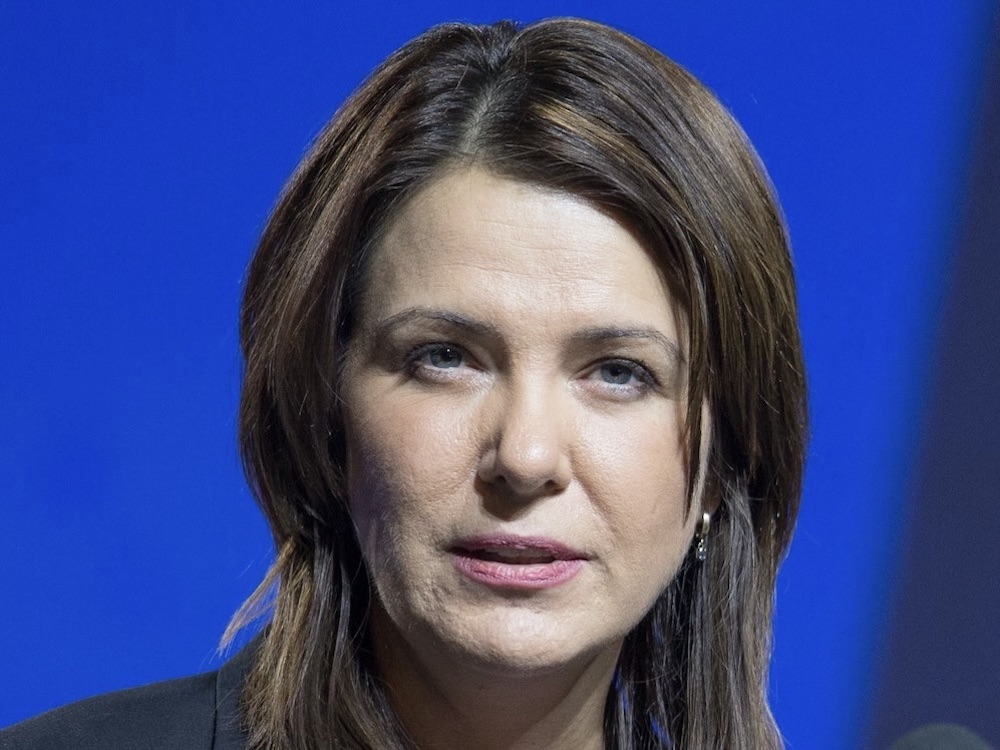At first glance, the latest fiscal news out of Alberta is astoundingly good. The provincial government raked in a record $76 billion in revenue, spent a record $64.5 billion, and ended up with a record $11.5 billion surplus.
But there are three things to keep in mind that take the blush off the fiscal rose and should give Albertans pause for the province’s fiscal future.
First off, the figures released Thursday are the final tally for last year’s budget, the 2022-23 fiscal year that ended March 31. Ironically, this is the budget introduced by Jason Kenney just months before he was forced out by right-wing fringe elements in the United Conservative Party.
Secondly, these figures have nothing to do with this year’s already endangered provincial budget unveiled in February that Premier Danielle Smith used to help win the Alberta election.
Thirdly, these latest figures reinforce the troubling fact that Alberta’s budgetary situation is ridiculously dependent on the price of oil. That should worry Albertans and indirectly cause concern among Canadians.
Just look at a few of the numbers.
Of the $76 billion collected in revenue last year, $25 billion — or a whopping one-third — came from non-renewable resource revenues.
The government likes to point out that it also collected $8 billion in corporate taxes — a doubling of tax revenue — to suggest the province is not overly dependent on oil prices. However, corporate taxes came in at a record rate because energy industry profits were so high the past year. In other words, not only did the industry pay more in royalties, it was making so much money it paid more in corporate taxes.
Energy companies are swimming in money like Scrooge McDuck. And yet keep in mind Smith is keen to give them $100 million in tax credits to clean up their old, abandoned well sites — something the companies are already supposed to be doing on their own dime as part of the deal they sign to tap this province’s natural resource wealth.
Smith is very much a champion of the proposal — called the Liability Management Incentive Program — that is tailored after a similar program Smith championed as a lobbyist before she became premier.
Yes, you could say the program is a troubling example of corporate welfare just as you could say Smith has placed herself in a conflict of interest. But, hey, Smith won the provincial election and she will use that victory as a mandate for every hobby horse she wants to ride the next four years, including the Liability Management Incentive Program that she deliberately did not campaign on because she knows it’s not popular, just as she avoided campaigning on several other unpopular pet projects including a provincial police force, a provincial revenue agency and a provincial pension plan. But these are still very much in play in the mind of Smith.
Whether Smith pushes ahead with them depends on several factors including the public mood, her popularity and the economy. In Alberta, all three are inextricably linked.
If the economy is doing well, Albertans’ will be in a good mood and Smith’s popularity will rise.
The opposite is just as true.
Right now, the price of oil has slumped and that bodes ill for Smith. Her pre-election 2023-24 budget promised $68 billion in spending and a $2.4 billion surplus. However, that was predicated on oil averaging US$79 a barrel. Right now, it’s hovering around $69 a barrel.
For every dollar drop in the price of a barrel over one year, Alberta loses $630 million in revenue.
So, if the price was to remain $10 below the amount hoped for in the budget, the provincial treasury will lose $6.3 billion. Goodbye surplus, goodbye record spending on everything from health care to education to help with the cost of living. Hello cuts.
When releasing last year’s figures on Thursday, newly appointed Finance Minister Nate Horner refused to be drawn into discussing the razor’s edge balancing of this year’s budget, except to offer contradictory comments. At one point he said of the price of oil, “we’re not as worried as you might think,” but then added later “I’m always worried.”
Horner is hoping that other factors will help his government’s fiscal picture this year including the exchange rate with the U.S. dollar. But that’s just hoping one gamble can help balance off another gamble.
The reality for the Alberta government is that it is too dependent on the price of oil and natural gas — and has been for decades. Another reality is that it doesn’t have a Plan B other than to cynically accuse the federal Liberals of trying to shut down Alberta’s energy economy.
Alberta's politics are heavily influenced — tainted, really — by oil prices. That seeps into all levels of government policy and decision-making, particularly when dealing with the environment.
The province is once again being led by a premier who is combatively pro-oil and opportunistically obstructionist when it comes to climate initiatives.
That should worry you even if you don’t live in Alberta. ![]()

















Tyee Commenting Guidelines
Comments that violate guidelines risk being deleted, and violations may result in a temporary or permanent user ban. Maintain the spirit of good conversation to stay in the discussion and be patient with moderators. Comments are reviewed regularly but not in real time.
Do:
Do not: